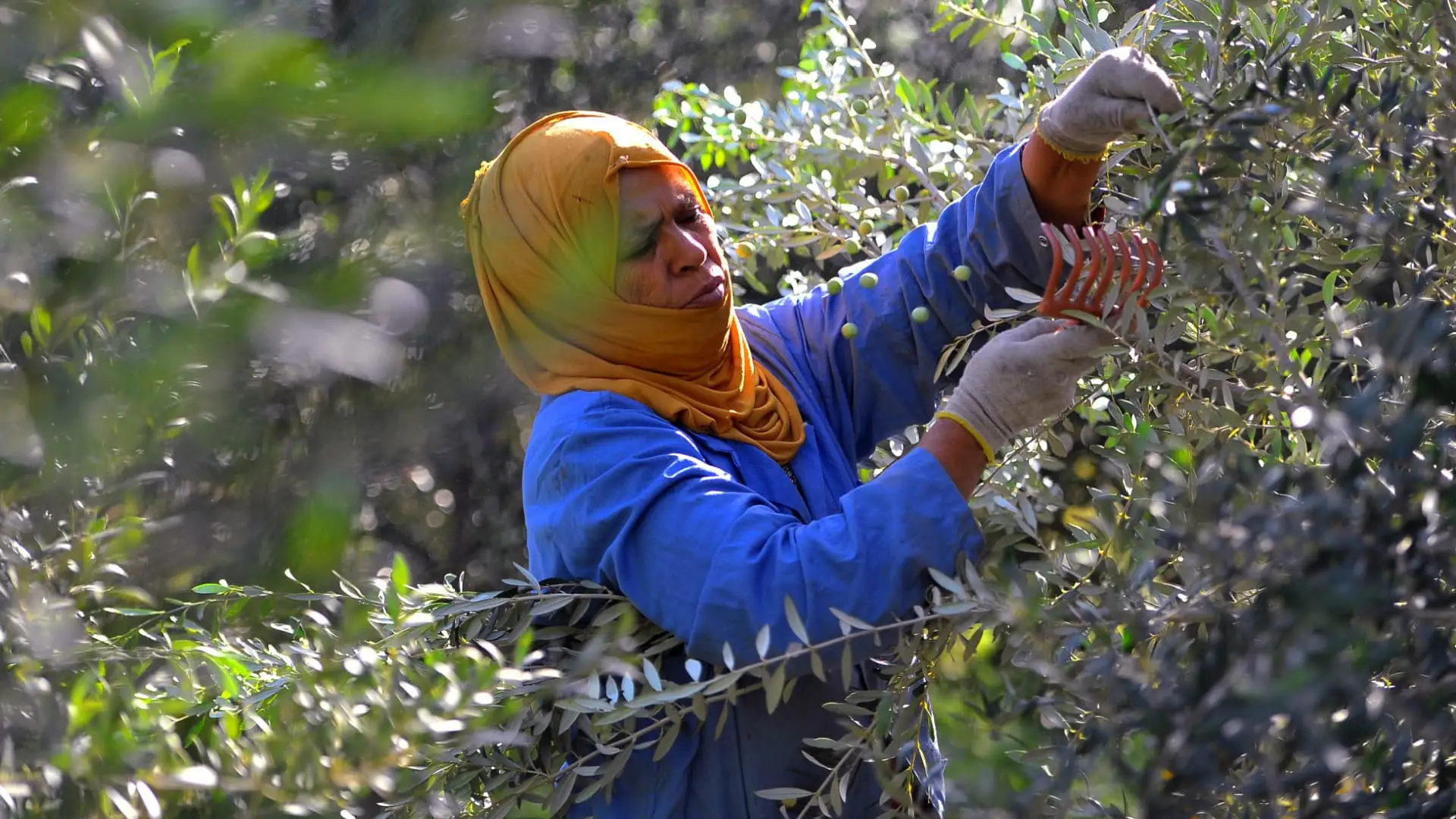Record Olive-Oil Harvest Offers FX Relief
Tunisia’s 500k-ton olive-oil harvest could lift FX receipts and narrow deficits, but weaker global prices and governance hurdles may limit the gain. (DXY, CL=F)

Tunisia’s 2025 olive-oil season is shaping up to be one of the strongest in decades, offering a rare boost to external accounts at a time of tightening financing conditions. Sector associations estimate production near 500,000 tonnes, roughly 50 percent higher than last year, thanks to improved rainfall and the recovery of groves affected by prior drought cycles. Given that olive oil is Tunisia’s largest merchandise export in productive years, such a surge could materially strengthen foreign-exchange inflows, narrow the trade deficit, and bolster rural incomes.
However, price conditions are less favourable than the volume outlook. Global olive-oil benchmarks have eased from their 2023–24 highs as Mediterranean supply normalises, meaning that Tunisia’s revenue gains will depend heavily on timing, quality grades, and export efficiency. Authorities are under pressure to maintain quality-control systems, accelerate VAT refund processing, and streamline customs procedures to prevent liquidity strain for exporters. Allegations of fraud and governance lapses in past seasons have heightened scrutiny from international buyers and EU importers.
If the crop delivers at projected scale, the Tunisian dinar (DXY-linked) could experience intermittent appreciation during key shipment months, while fiscal benefits would appear through higher tax receipts and reduced subsidy spending. Yet, risks remain: weather volatility through harvest, logistics congestion at port terminals, and weaker European demand could limit upside.
Analysts recommend tracking weekly shipment volumes, export price realisations, and farm-gate margins to gauge how much of the harvest translates into real foreign-exchange inflows. If exports proceed smoothly, the olive-oil windfall could stabilise FX reserves and narrow the current-account gap through mid-2026. However, logistics bottlenecks, administrative delays, or softer global prices could erode much of the expected benefit, turning a record harvest into only a modest external reprieve.





